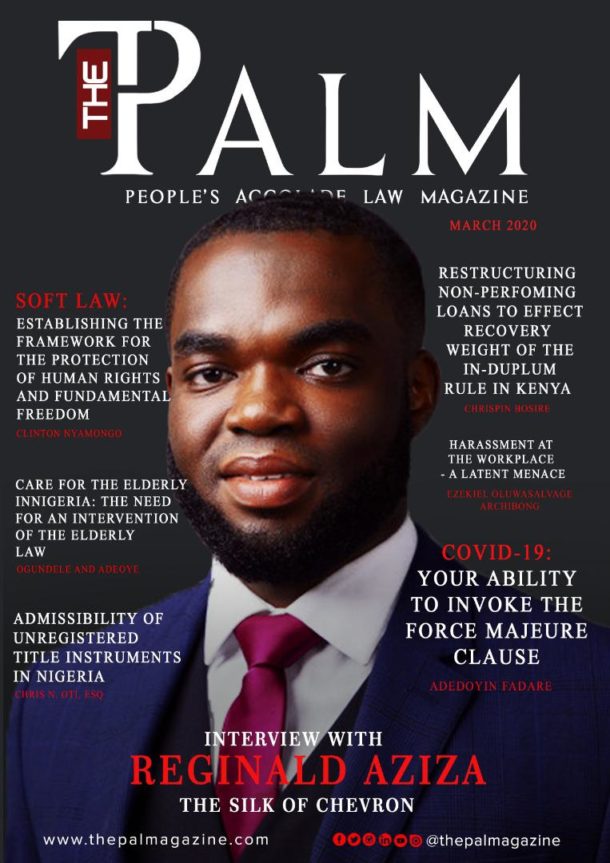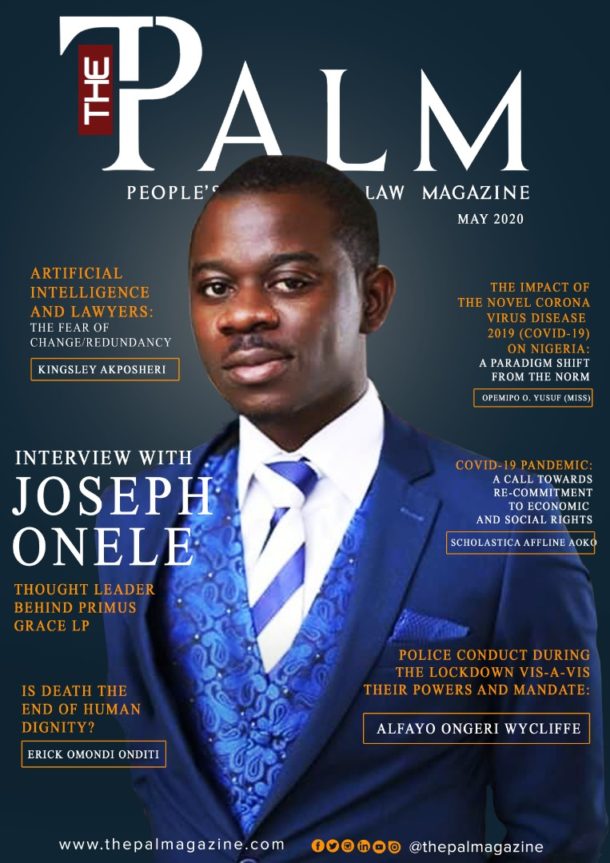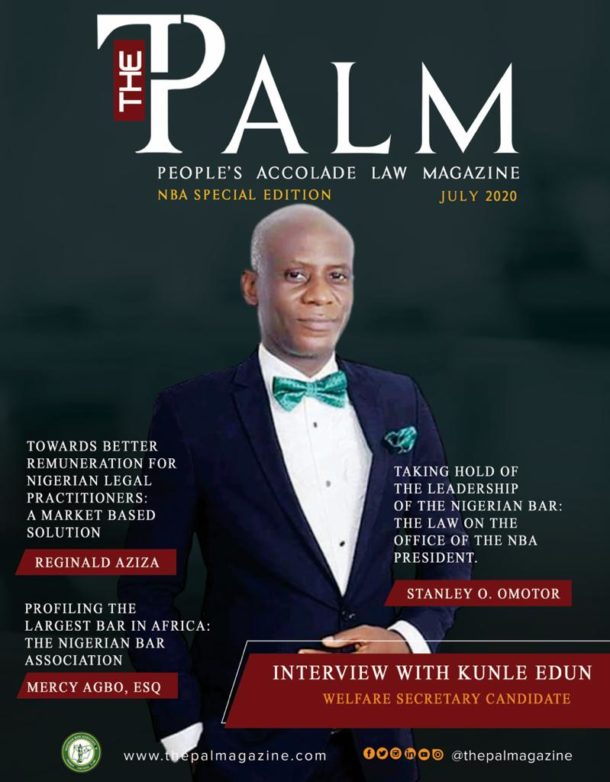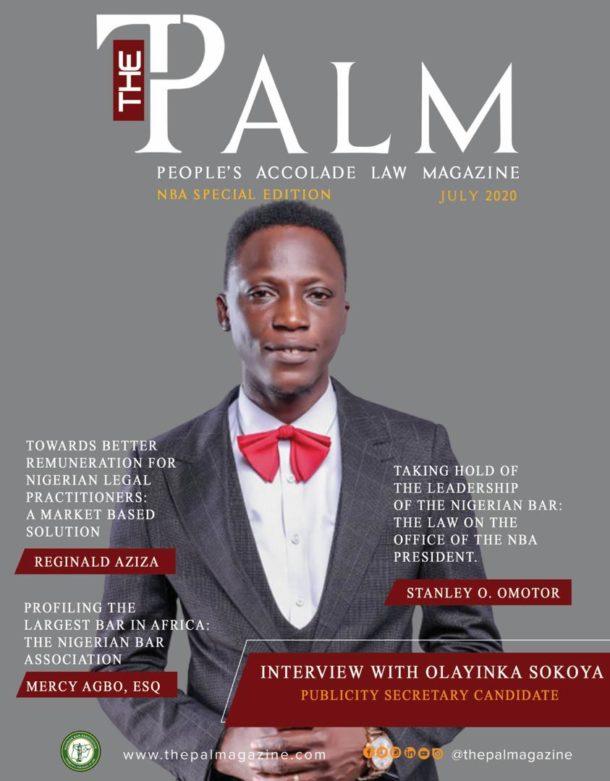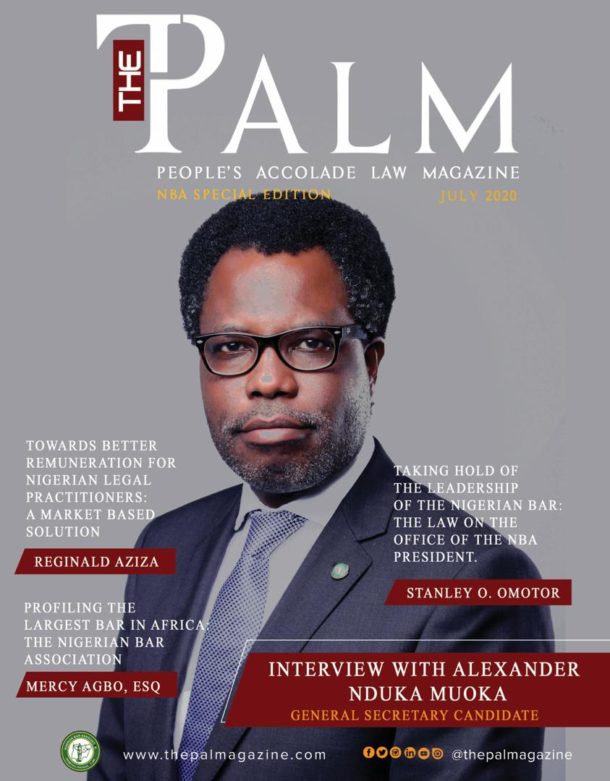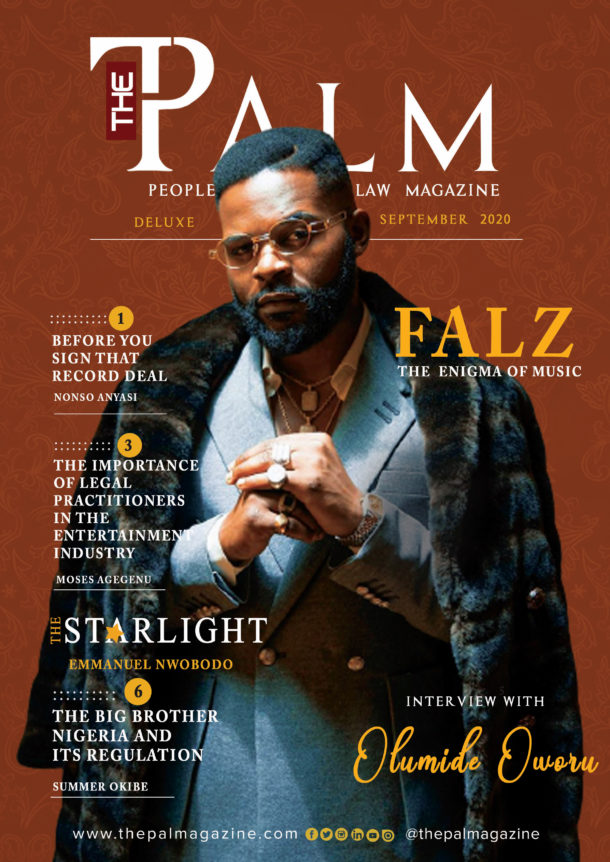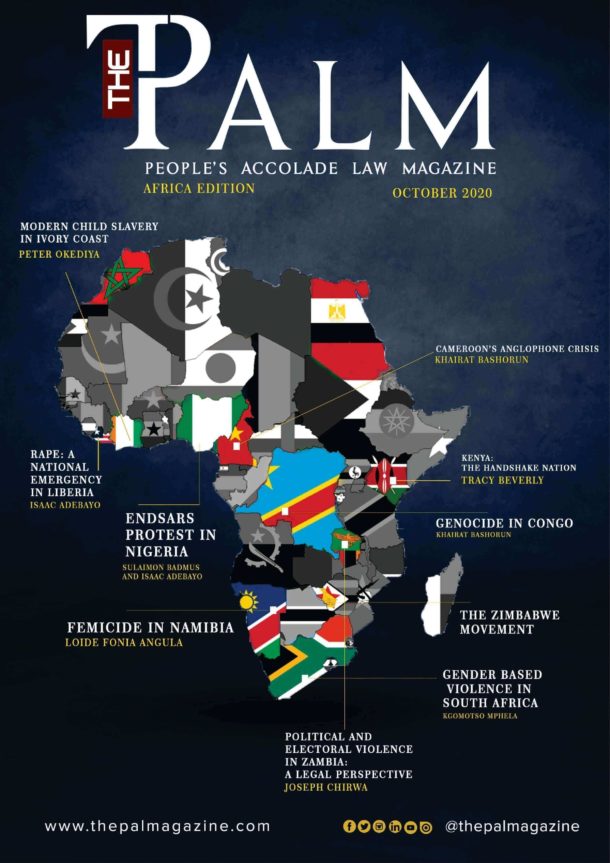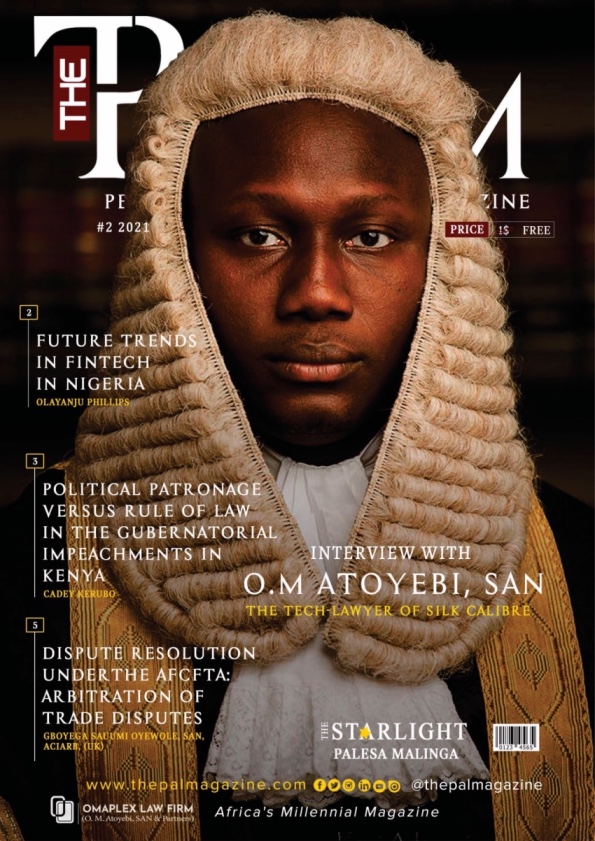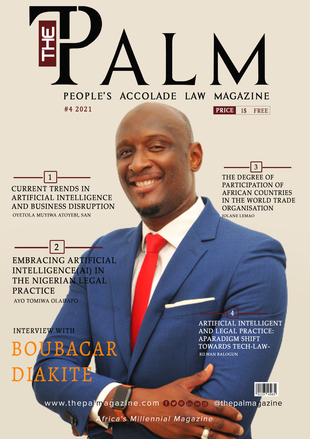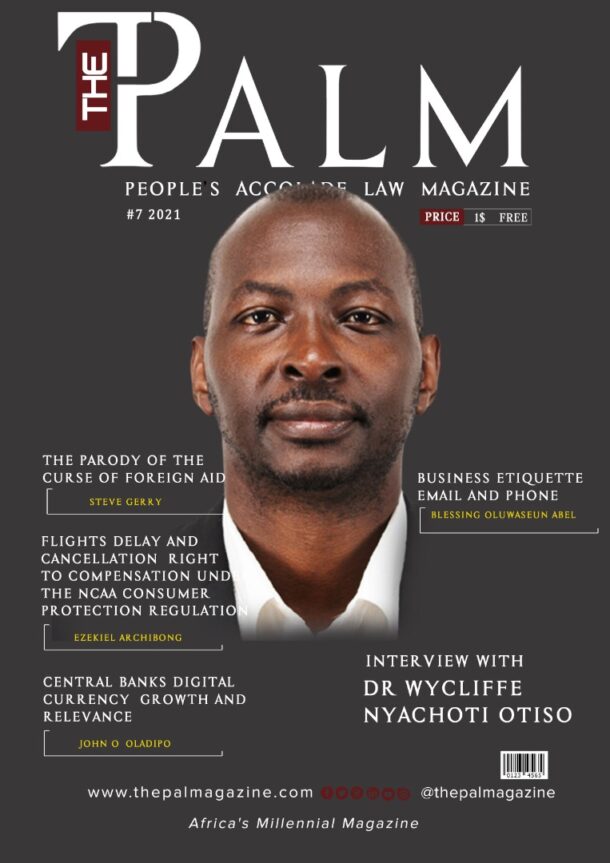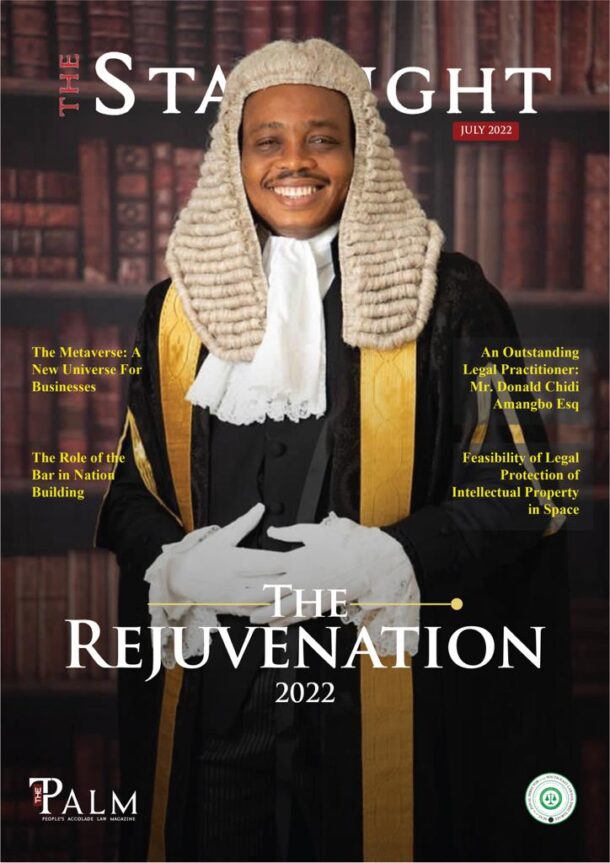“…finding one’s purpose in the legal terrain takes time, but every experience, whether in class, court, or consultation, adds up.” – Tumo Koboyatau
Tumo Koboyatau is a legally trained and internationally oriented attorney admitted to the High Court and other courts of Botswana. His professional and academic background reflects a deep commitment to supporting Botswana’s economic transformation through legal reform and integration into global trade. Having pursued advanced legal studies with a Master of Laws (LL.M) in International Economic Law, his academic foundation is firmly built on WTO laws (rules and agreements), competition law, and international trade theory – disciplines that inform both his legal practice and policy interests. In his current role as an Associate Attorney at Desai Law Group, he has had the privilege of advising multinational clients, including Mastercard, Standard Bank, Ferrero Group, and Barloworld Limited, on transactions involving cross-border finance, regulatory compliance, and international trade arrangements. These engagements have refined his capacity to navigate both domestic legal frameworks and international economic standards, particularly in relation to investment law, capital markets, and competition law.
Beyond transactional work, Tumo is deeply invested in Africa’s regional economic integration agenda. His LL.M thesis, “SADC: Building Resilience Through Regional Integration Amidst Global Economic Crises,” mirrors his belief that institutions such as AfCFTA and the WTO can play a transformative role in reshaping Botswana’s trade ecosystem. He has actively contributed to national conversations on this front, having appeared on BTV and Yarona FM to unpack the legal and policy implications of regional trade frameworks and participated as a panelist in university seminars on trade and growth. As an Independent Chairperson of the Botswana Stock Exchange Disciplinary Committee and a mentor in legal development initiatives, he continues to champion legal excellence and institutional integrity within Botswana’s commercial landscape. Through his trade education series on LinkedIn, he hopes to democratise access to trade knowledge among emerging African professionals, especially considering the urgent need to diversify Botswana’s mineral-dependent economy through competitive and rules-based international trade. With a culturally grounded understanding of Southern Africa’s development context and a practice that intersects with the evolving international legal order, Tumo remains committed to contributing to Botswana’s global competitiveness through law, trade, and innovation.
1. The Driving Force for Choosing the Legal Profession.
Unlike many, Tumo Koboyatau’s passion for law did not stem from childhood dreams. Rather, it developed gradually during his academic journey. As a child, he aspired to become a doctor. Although that path did not materialise, he often regards it as a blessing in disguise. Upon entering university, he was admitted to a degree programme in Criminal Justice Studies. The programme covered various aspects of criminology and law, and it was through this exposure that his interest in the legal profession was first sparked. What began as curiosity quickly evolved into a deep and lasting commitment. After completing his degree in Criminal Justice, Tumo realised that his journey was far from over and that he wanted to understand the law more comprehensively. This desire led him to pursue a law degree, a decision he describes as one of the best he has ever made.
During his legal studies, he found himself particularly drawn to subjects such as Company Law, the Law of Business Associations, and the Legal Aspects of Economic Development. These areas opened his eyes to the vital role that corporate and commercial law plays in shaping everyday business transactions and driving economic growth within society. His passion deepened further when he undertook a Master of Laws (LL.M) in International Economic Law. This specialisation solidified his commitment to the field, as it enabled him to appreciate how legal frameworks govern economic relationships not only within national borders but across them. Through this lens, he discovered a way to contribute meaningfully to the development and economic stability of Botswana, something he has always aspired to do, and which continues to make the practice of law a deeply fulfilling pursuit for him.
2. Qualities of an Exceptional Lawyer and How Young Professionals Can Cultivate Such Attributes.
In today’s rapidly evolving legal landscape, shaped by shifting global economic dynamics such as trade wars, supply chain restructuring, the rise of economic blocs like the African Continental Free Trade Area (AfCFTA), and the drive for diversification in emerging economies, Tumo believes that an exceptional lawyer must possess more than technical knowledge of the law. In his view, three core qualities define a truly outstanding legal professional in this environment: adaptability, commercial awareness, and ethical foresight. Adaptability, he notes, is essential as the law increasingly intersects with new technologies, global regulatory changes, and political developments. Lawyers must remain responsive to evolving frameworks, such as those governing international trade, digital commerce, and environmental, social, and governance (ESG) standards. For example, the implementation of AfCFTA requires legal practitioners to rapidly grasp new trade rules, dispute resolution mechanisms, and cross-border investment protocols. In addition, commercial awareness ensures that lawyers serve not just as legal technicians but as strategic advisors.
Tumo emphasises that an exceptional lawyer must understand how legal decisions impact economic development, business models, and national interests, particularly in economies like Botswana’s, which are actively pursuing diversification and deeper integration into global markets. Understanding the economic rationale behind legal systems allows lawyers to offer solutions that are not only legally sound but also commercially viable and growth oriented. Lastly, he highlights ethical foresight as equally critical. In his view, a good lawyer must be able to anticipate the long-term implications of legal advice, especially within corporate and public governance. Upholding integrity and fairness are no longer just an ethical imperative; it is a competitive advantage in a world where reputational risk can have serious legal and commercial consequences.
That said, Tumo advises young professionals to invest in continuous learning both within and beyond the law. This includes staying updated with international developments, engaging in multidisciplinary reading, and developing strong communication and negotiation skills. Exposure to real-world commercial environments, internships, and mentorships can also help translate theoretical knowledge into practical judgment. Above all, young lawyers must stay curious, principled, and engaged with the broader societal and economic issues that law both shapes and responds to.
3. Significant Ongoing Project or Initiatives and Possible Impacts.
Beyond the complex transactions Tumo Koboyatau handles daily at Desai Law Group (transactions that often span sectors such as banking, private equity, mergers and acquisitions, and capital markets, and which directly contribute to Botswana’s economic development), he is also actively involved in thought leadership around how the law can drive broader national objectives. Currently, he is working on an article that explores how Botswana can promote economic diversification through its capital markets, with a particular focus on sustainable financing. The impetus for this work stems from his observation that while Botswana has made significant strides in building a stable financial system, its capital markets remain underutilised as a tool for channeling investment into non-mining sectors such as agriculture, manufacturing, renewable energy, and infrastructure. Sustainable finance, which encompasses green bonds, social bonds, ESG-aligned investment funds, and other innovative financial instruments, offers a powerful mechanism for aligning capital flows with national development goals. By embedding sustainability criteria into capital markets, Botswana can attract impact-driven investors, reduce its reliance on mineral revenues, and foster more inclusive and resilient economic growth. This article reflects Tumo’s broader commitment to using legal and regulatory frameworks not only to facilitate transactions but to shape policies that support long-term national development. It also allows him to merge his practical legal experience with his academic grounding in international economic law, particularly in areas where law, finance, and sustainable development intersect. In essence, he sees his role not just as a transactional lawyer but as a legal professional who contributes, both in practice and in scholarship, to the evolving legal landscape that supports Botswana’s economic transformation.
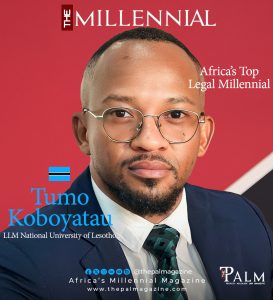
4. Role Models and Impactful Books
Two legal minds have profoundly influenced his journey, each in unique and pivotal ways. Firstly, Rizwan Desai, the Managing Partner of Desai Law Group, has had a significant impact on how Tumo views the practice of law, particularly in the corporate and transactional space. Mr Desai’s expertise in high-end mergers and acquisitions, capital markets, banking, financial services, and cross-sector commercial work has set the benchmark for what excellence in legal advisory looks like. His reputation as a first-tier corporate and transactional lawyer in Botswana is not just built on technical proficiency, but on strategic insight and ethical leadership qualities that Tumo deeply admires and aspires to emulate. Mr Desai’s work demonstrates how a lawyer can simultaneously uphold legal rigour and drive economic growth by facilitating complex, high-stakes commercial transactions.
Secondly, Tumo acknowledges the influence of Dr Tsotang Tsietsi, an independent consultant in international trade and investment law, who was his programme coordinator, research supervisor, and lecturer at master’s level. Beyond the classroom, Dr. Tsietsi has been a mentor and role model. Her ability to connect international legal frameworks with developmental objectives, especially in the context of African economies, greatly influenced Tumo’s academic and professional interests. Through her mentorship, he gained not only theoretical knowledge but also an appreciation for the practical and strategic application of international economic law in shaping national and regional development.
As for literature, one book that continues to shape Tumo’s legal perspective is “The Wealth of Nations” by Adam Smith. While not a legal text in the traditional sense, it lays the philosophical and economic groundwork that underpins much of today’s commercial and international economic law. Smith’s analysis of free markets, division of labour, and the invisible hand resonates deeply with Tumo’s passion for corporate-commercial law and trade regulation. It also helps him better understand the relationship between legal systems and economic development, how the law can create an enabling environment for entrepreneurship, fair competition, and sustainable growth. For someone invested in using law as a tool for national economic transformation, this book has been both foundational and inspiring.
5. Advice or Guiding Principles for Young Legal Professionals and Advocates Trying to Find their Place and Purpose in the Legal Terrain.
Tumo Koboyatau encourages young legal professionals to embrace the uncertainty of the legal profession. In his view, the legal path is not a straight line; it is rather shaped by changing global atmosphere, intention, and experience. As such, the first principle he offers is to stay open, but stay grounded. Many begin their legal careers unsure of which area they will ultimately thrive in, and that, he says, is perfectly normal. The early years should be spent exploring different areas of law, reflecting on what aligns with one’s values and interests, and remaining unafraid to pivot when necessary. A legal career, he noted, is a marathon, not a sprint.
In addition, Tumo believes that curiosity is key. The most impactful legal professionals are those who look beyond textbooks, follow current affairs, understand how legal systems intersect with economics, politics, and technology, and ask the “why” behind the law. This mindset is particularly important in today’s globalised context, where lawyers are expected to be not just interpreters of the law, but also strategic thinkers. Finally, Tumo advises young lawyers to build meaningful relationships with mentors, peers, clients, and even opponents. Law is not practised in isolation. The relationships and connections formed along the way will provide support, challenge perspectives, and open unexpected doors. For Tumo, finding one’s purpose in the legal terrain takes time, but every experience, whether in class, court, or consultation, adds up.
Click here to read our previous Millennial, Lincoln Majogo
Editorial Team
Silver Obioha
Clinton Nyamongo
Kazeem Afolabi
Dikeledi Matlhagare
Tolulope Olasunkanmi
Sulaimon Badmus
Aya Hamdy
Princess Maake
Jemilat Akerele
Vera Enubianozor
Brandon Otieno
Oluwabusayo Awodele
Kyenpiya Wonang
Gift Nwoke
Jessica Odoh
Tracy Karumba
Mary-Jones Ossi
Halimah Oladunni
Mary Linus
Peter Momoh
Jessica Omoruyi





